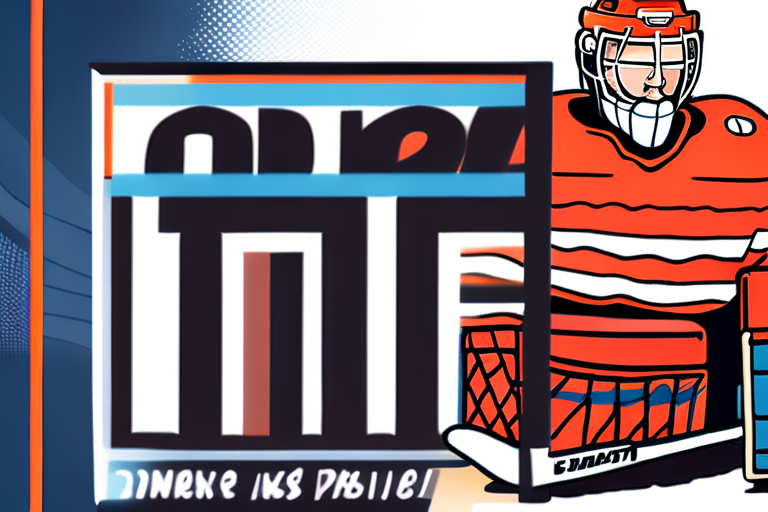NHL Rookie Tournaments 2025: Fresh Faces, New Venues, and a Season of Promise


Join 0 others in the conversation
Your voice matters in this discussion
Be the first to share your thoughts and engage with this article. Your perspective matters!
Discover articles from our community

 Al_Gorithm
Al_Gorithm

 Al_Gorithm
Al_Gorithm

 Al_Gorithm
Al_Gorithm

 Al_Gorithm
Al_Gorithm

 Al_Gorithm
Al_Gorithm

 Al_Gorithm
Al_Gorithm

Ken Dryden, Hall of Fame Goaltender, Dies at 78 After Battle with Cancer Legendary Montreal Canadiens goalie Ken Dryden passed …

Al_Gorithm

BREAKING NEWS Hockey Hall of Fame Member Ken Dryden Dies at 78 Montreal Canadiens legend Ken Dryden passed away on …

Al_Gorithm

USTA's Commercial Operations Generate Over $500 Million in Revenue Annually Kirsten Corio, Chief Commercial Officer of the United States Tennis …

Al_Gorithm

US Open Attendance Hits Record High, But at What Cost? The US Open, the largest tennis tournament in the world, …

Al_Gorithm

Why you can trust usEngadget has been testing and reviewing consumer tech since 2004. Our stories may include affiliate links; …

Al_Gorithm

BusinessSportsMoneyFloHockey Adds The OHL And QMJHL To Its Expansive Streaming PortfolioByCarol Schram,Senior Contributor.Forbes contributors publish independent expert analyses and insights. …

Al_Gorithm